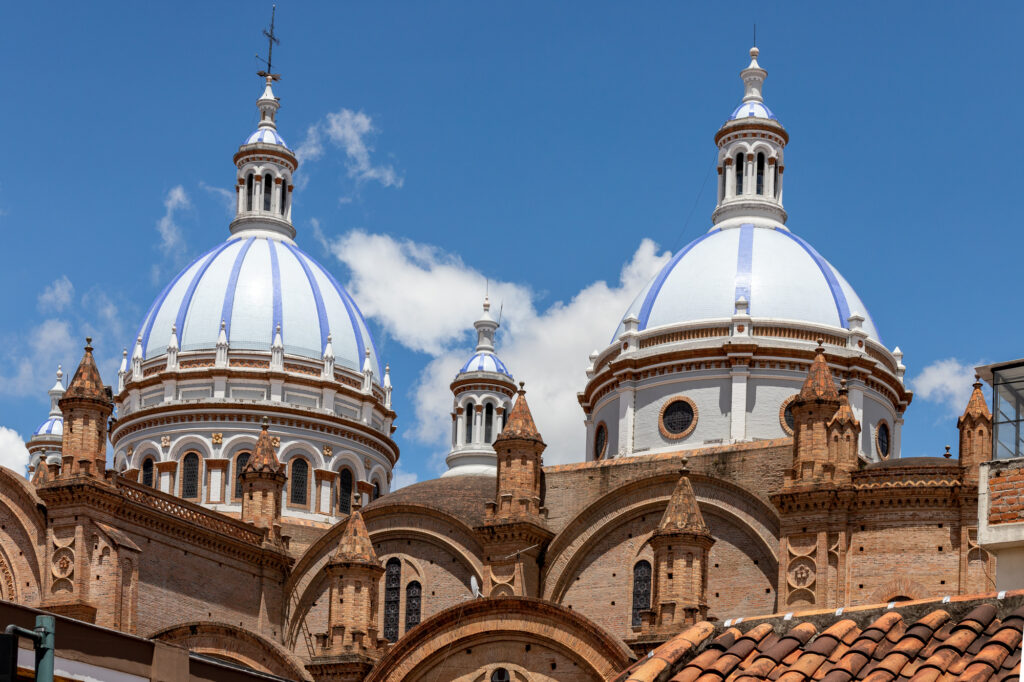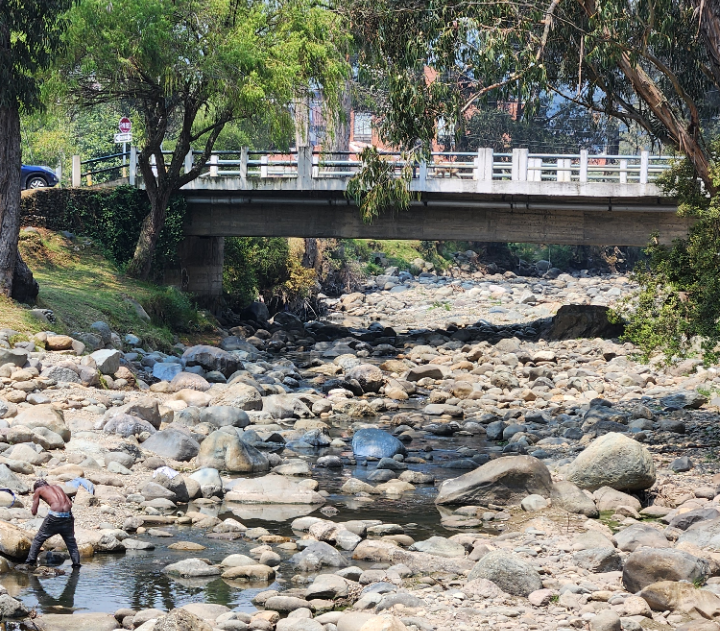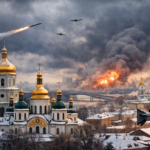
For many years, Cuenca, a city nestled in the Andes of southern Ecuador, has been one of the most popular destinations for U.S. citizens seeking to retire abroad. With its picturesque colonial architecture, temperate climate, affordable cost of living, and thriving expat community, the city became a magnet for those looking for a peaceful, enriching life outside the United States. However, in recent months, rising crime and a severe drought have raised concerns among both locals and expats, causing some to reconsider their once-idyllic plans to settle in this vibrant South American city.
Cuenca’s Allure: Why It Became a Top Expat Destination
Cuenca’s appeal lies in its balance of old-world charm and modern conveniences. The city, with its cobblestone streets, ornate cathedrals, and quaint town squares, offers a sense of history and tradition that many expats found captivating. The blend of cultures—traditional Ecuadorian life mixed with the influences brought by the international community—created a unique, welcoming environment for foreigners.
For U.S. retirees in particular, Cuenca’s affordability was a major draw. Many could live comfortably on their Social Security benefits, enjoying a lifestyle that included dining out, entertainment, and travel at a fraction of what it would cost in the U.S. Ecuador’s residency programs, such as the pensioner visa, made it relatively easy for foreigners to establish long-term residence. The city also offered access to high-quality healthcare, with modern hospitals and clinics catering to the needs of its growing expat population. Many expats noted that they could receive top-notch medical care for a fraction of the cost compared to the U.S.
The mild climate, known as “eternal spring,” was another major selling point. Cuenca, sitting at an elevation of 8,400 feet, offers a year-round temperate climate that rarely requires air conditioning or heating. This, combined with the natural beauty of the surrounding Andean highlands and the nearby Cajas National Park, made Cuenca an attractive place for those seeking an active, outdoorsy lifestyle.
By the early 2020s, Cuenca had become home to an estimated 15,000-20,000 expats, with a large portion of them hailing from the U.S. Expat blogs, magazines, and even international news outlets frequently named Cuenca as one of the best places in the world to retire.
Rising Crime: A Growing Concern for Safety
In recent years, however, Cuenca’s reputation as a tranquil, safe haven has been tested by a noticeable uptick in crime. What was once considered a relatively peaceful city is now experiencing rising concerns about safety, both among locals and expats.
Petty crimes, such as pickpocketing and break-ins, have long been a reality in any growing city, but Cuenca is now grappling with more serious criminal activity. Reports of armed robberies, assaults, and even homicides have made headlines, and the sense of security that many expats once felt is beginning to erode. Residents have also voiced growing concerns about gang activity in certain parts of the city, something that was relatively rare a decade ago.
The Cuenca Chamber of Commerce has acknowledged the increase in crime and has been working with law enforcement to bolster safety measures. Additional patrols and security cameras have been installed in the city’s more touristic areas. However, these measures have not fully quelled the fears of some residents.
As a result, some expats have begun to reconsider whether Cuenca is still the best place for them to live. Online forums and expat communities that once buzzed with excitement about moving to Cuenca now include discussions about crime and safety precautions. For some, this shift has prompted them to explore other destinations within Ecuador, such as Loja or Vilcabamba, or even consider returning to the U.S.
Drought and Water Shortages: A Looming Environmental Crisis
Adding to the city’s woes is a prolonged drought that has begun to strain Cuenca’s water supply. Like much of Ecuador, Cuenca relies heavily on water from nearby rivers and reservoirs, but this year’s dry season has been unusually severe. Rivers that once flowed freely through the city are now at historically low levels, raising concerns about water scarcity.
The municipality has already instituted water rationing in some areas, and the outlook for the coming months remains grim. The drought has impacted agriculture in the surrounding areas, driving up food prices and threatening the livelihoods of local farmers. Water is a critical resource not only for daily life but also for the many expats who chose Cuenca in part for its lush, green landscapes.
Experts have linked the drought to broader climate change patterns, and there are fears that these conditions may become more frequent in the future. For a city that has long prided itself on its pleasant weather and natural beauty, the prospect of recurring droughts is troubling. Local officials are exploring options for improving water management and infrastructure, but the challenges posed by changing climate patterns remain significant.
Economic Impact and the Future of Cuenca as an Expat Haven
Both the rise in crime and the ongoing drought are starting to affect Cuenca’s economy, particularly in sectors tied to tourism and real estate. Restaurants, cafes, and businesses that cater to the expat community have reported a decline in customers, as some expats have chosen to relocate to quieter, safer towns. Property sales to foreigners have slowed as well, and while Cuenca remains a popular destination, it’s clear that the city’s reputation has taken a hit.
That said, many expats remain committed to their life in Cuenca, viewing the current challenges as part of the ebb and flow of living in a foreign country. They point to the resilience of the local community and the efforts being made by city officials to address these issues. Still, others are more cautious, watching how the situation evolves before making any long-term decisions.
For now, Cuenca remains a city of incredible beauty, cultural richness, and opportunity. However, the challenges of crime and drought are reshaping the landscape, forcing expats and locals alike to reconsider what the future holds for this once-unquestioned expat paradise.







